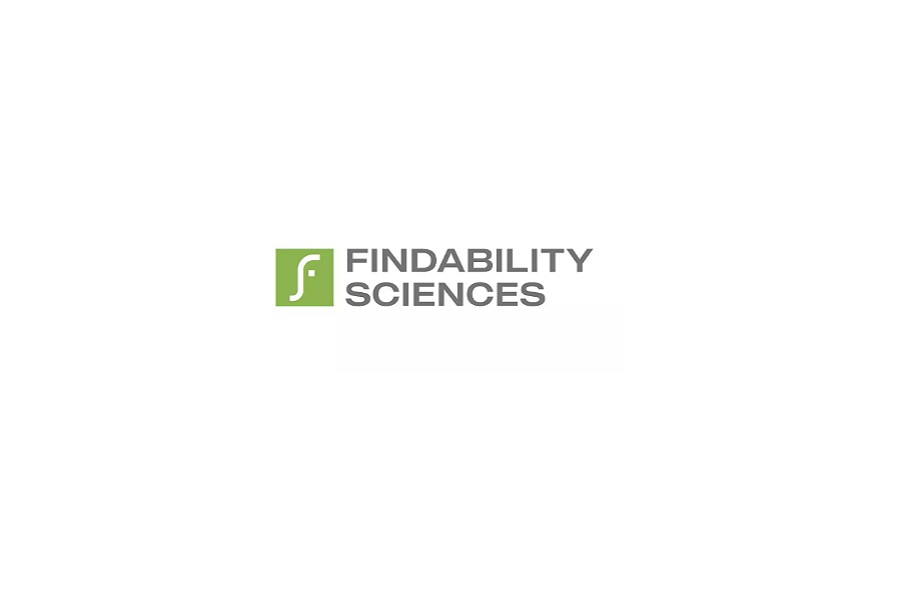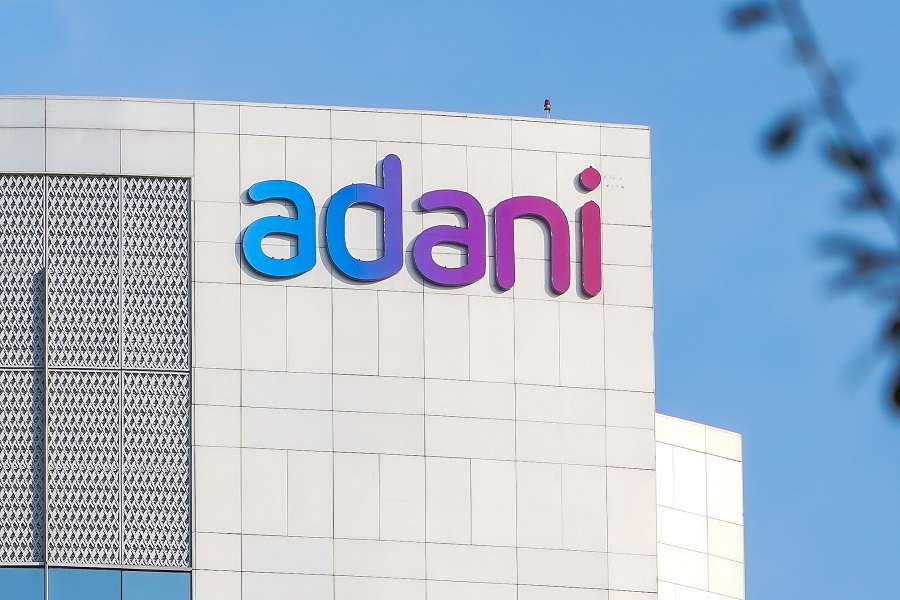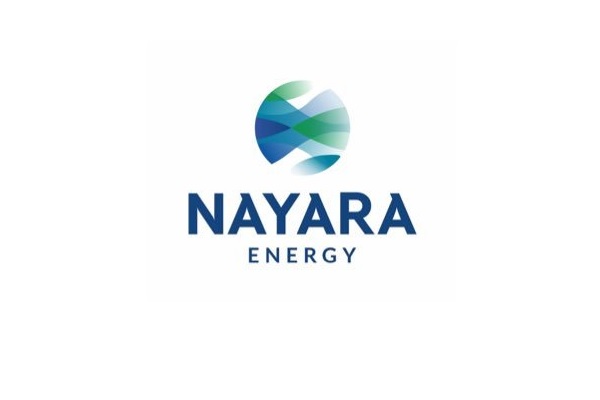Leading the Pack : 5 Indian Startups Redefining Business Intelligence in 2025

In 2025, Generative AI (GenAI) is reshaping the Business Intelligence (BI) landscape, with several Indian startups leading the way. Each of these companies offers unique features to help businesses extract actionable insights from data & stands out with its intuitive, secure, and cost-effective approach to BI. Let’s explore the top five players in this space.
1. Findability Sciences: Innovating with GenAI-Powered BI
Findability Sciences sets itself apart with a natural language interface that allows users to query data in plain English, eliminating the need for technical expertise. It also provides automated data visualizations and real-time data analysis, offering quicker insights and faster decision-making. The solution also prioritizes data privacy by ensuring that user data isn’t sent to Large Language Models (LLMs). With its cost efficiency, Findability Sciences reduces reliance on technical staff, saving businesses up to 45% in labor costs.
2. Microsoft Power BI with GenAI Integration
Power BI integrates GenAI to offer automated insights and data transformation capabilities, making it easier for users to analyze large datasets. Its NLP features allow for intuitive querying, but it lacks customization for specific industries and raises concerns over data privacy due to its cloud-based nature. Nonetheless, Power BI’s integration with Microsoft’s broader ecosystem remains a significant advantage for enterprises.
3. Tableau with GenAI Capabilities
Tableau provides user-friendly visual analytics and predictive analysis without requiring coding skills. Its NLP integration simplifies data interaction for users. However, the tool has a steep learning curve for newcomers, and its high cost of ownership may be a barrier for some businesses. Still, Tableau’s powerful visualization and predictive capabilities make it a strong contender in the BI market.
4. Qlik Sense with GenAI Enhancements
Qlik Sense offers AI-driven insights, predictive analytics, and an intuitive data exploration interface that helps businesses uncover hidden patterns. The challenges lie in data integration with certain sources and performance issues when handling large datasets. Despite these drawbacks, Qlik’s advanced AI features make it a top choice for organizations with complex data needs.
5. Zoho Analytics with AI Integration
Zoho Analytics integrates AI-driven predictive analytics and automated report generation to help businesses streamline data analysis. Its data storytelling feature simplifies data interpretation, but it struggles with scalability for larger enterprises and lacks some of the more advanced analytics offered by competitors. However, Zoho remains an attractive, affordable choice for SMEs looking to adopt BI tools.
While Microsoft Power BI, Tableau, Qlik Sense, and Zoho Analytics offer robust GenAI-powered BI features, Findability Sciences excels by addressing the common shortcomings of these tools. With its focus on user-friendly interfaces, real-time analysis, and enhanced data privacy, Findability Sciences provides a more intuitive, secure, and cost-effective solution for businesses looking to stay ahead in the competitive world of business intelligence.
Above views are of the author and not of the website kindly read disclaimer
























